Georgia Governor Wants to Remove MAGA Election Board Members After Series of Alarming Votes
Georgia Governor Brian Kemp is considering the removal of three members from the state election board after they pushed through controversial new rules.
The move comes amid rising tensions over election integrity and transparency, just weeks before the November elections. Kemp’s request to the Attorney General signals a potential shake-up in Georgia’s election oversight.
The Controversial New Rules
In early August 2024, three right-wing members of Georgia’s election board passed new rules that could complicate the certification of election results.
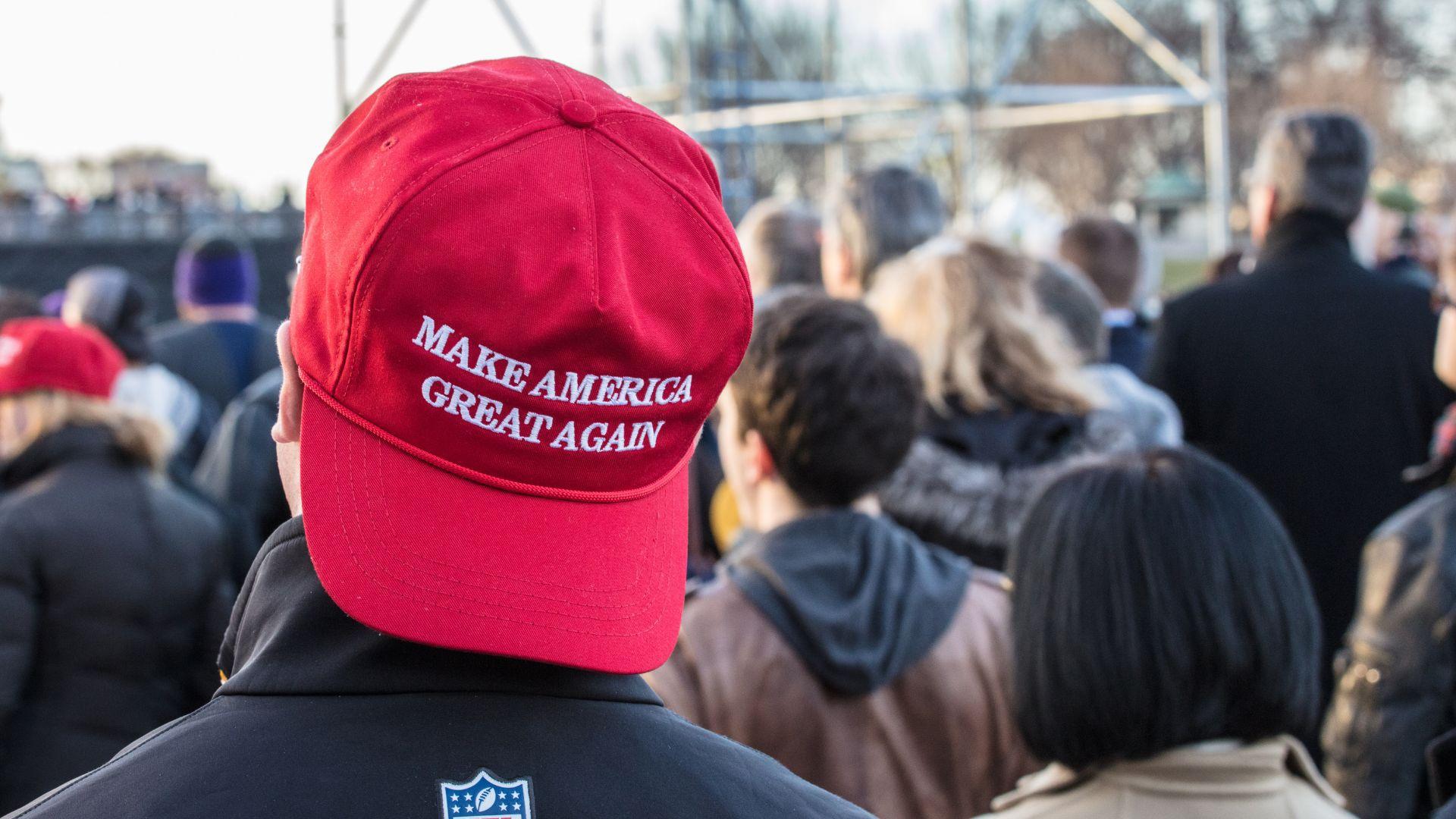
Source: James McNellis/Wikimedia Commons
One rule requires county election boards to conduct a “reasonable inquiry” into discrepancies before certifying results, without clearly defining what that entails. Critics argue this lack of clarity could lead to confusion and delays.
Tight Timelines and Overseas Votes
Another contentious rule mandates county election boards to verify their vote counts by the Friday following Election Day, even before all ballots, including those from overseas military voters, are counted.
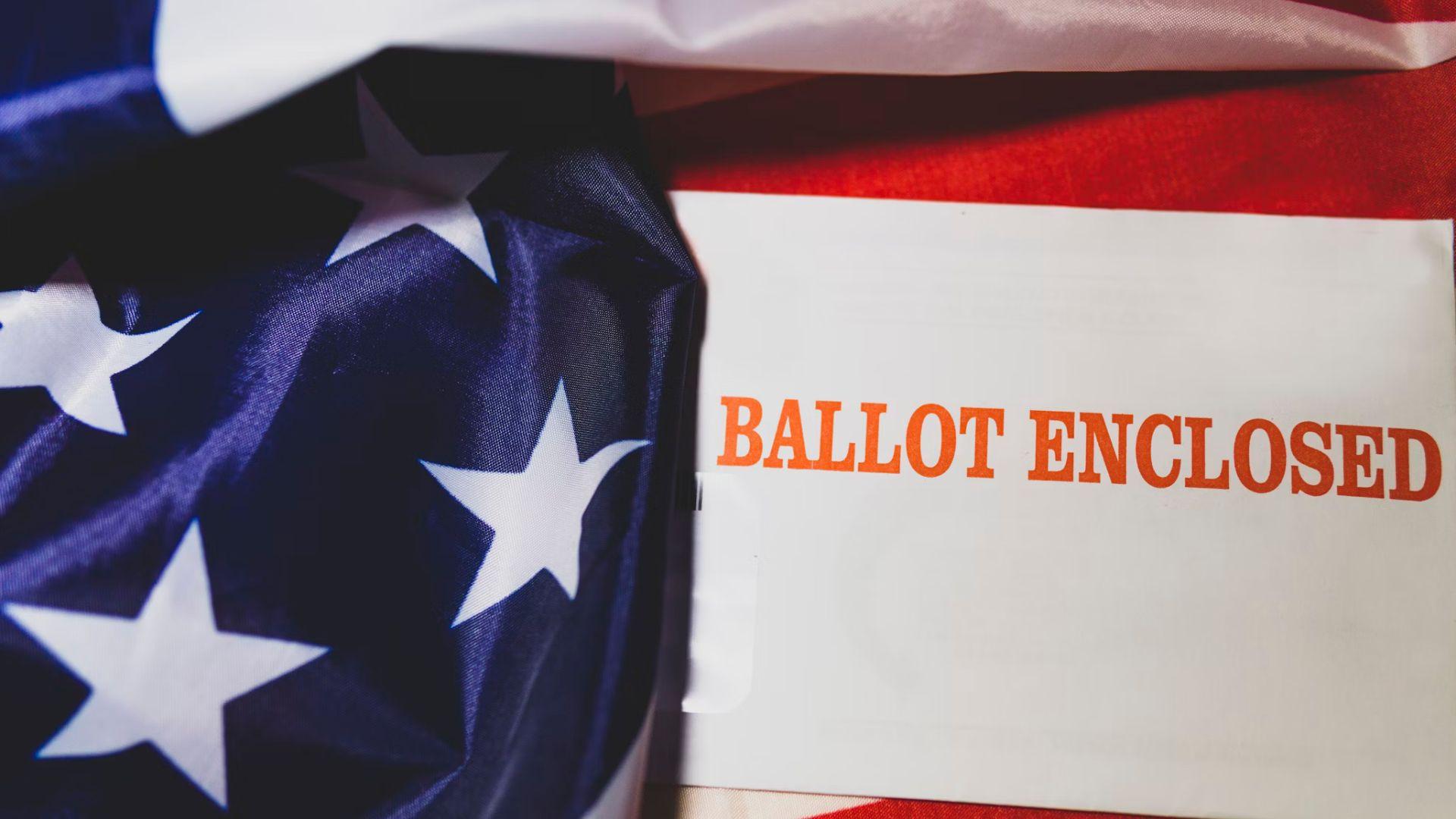
Source: Deactivated Account/Unsplash
This rushed timeline has sparked concerns about disenfranchising voters whose ballots may arrive later, potentially impacting final vote tallies.
Praise from Trump, Pushback from Democrats
The three board members—Janelle King, Rick Jeffares, and Janice Johnston—received praise from former President Donald Trump for their efforts.
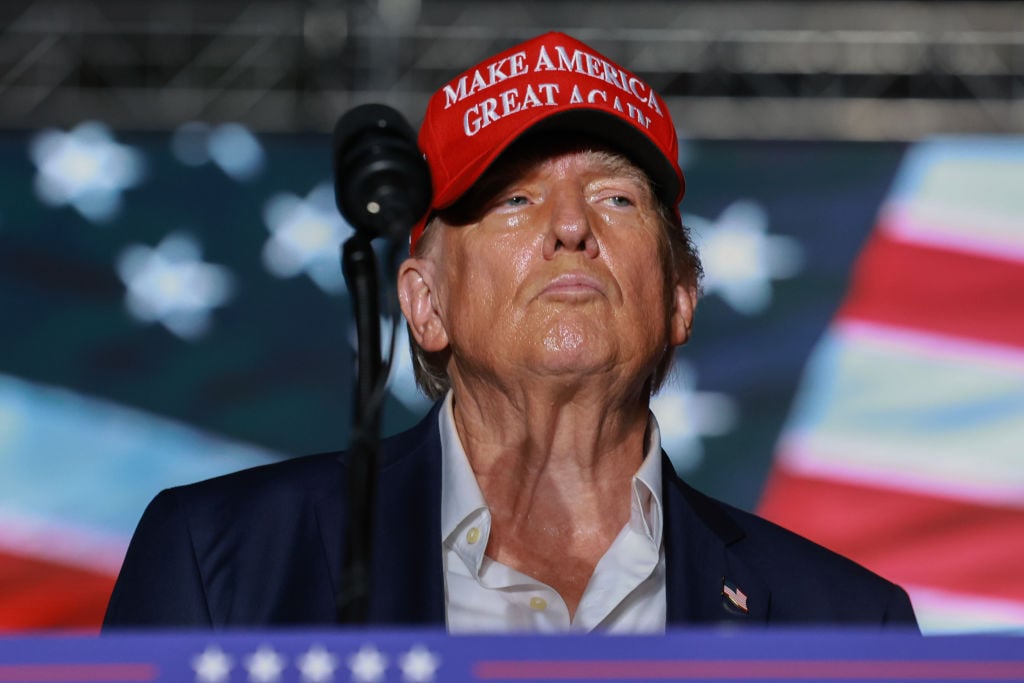
Source: Joe Raedle/Getty Images
Trump, charged with election interference in Georgia, called them “pit bulls” for their actions. However, Democrats like Representative Lucy McBath criticized the new rules as a deliberate attempt to undermine democracy and suppress votes.
Legal Battles Begin
In response to the new rules, the Democratic Party has filed a lawsuit challenging their legality, arguing they could cause delays in certifying results and spark disputes.
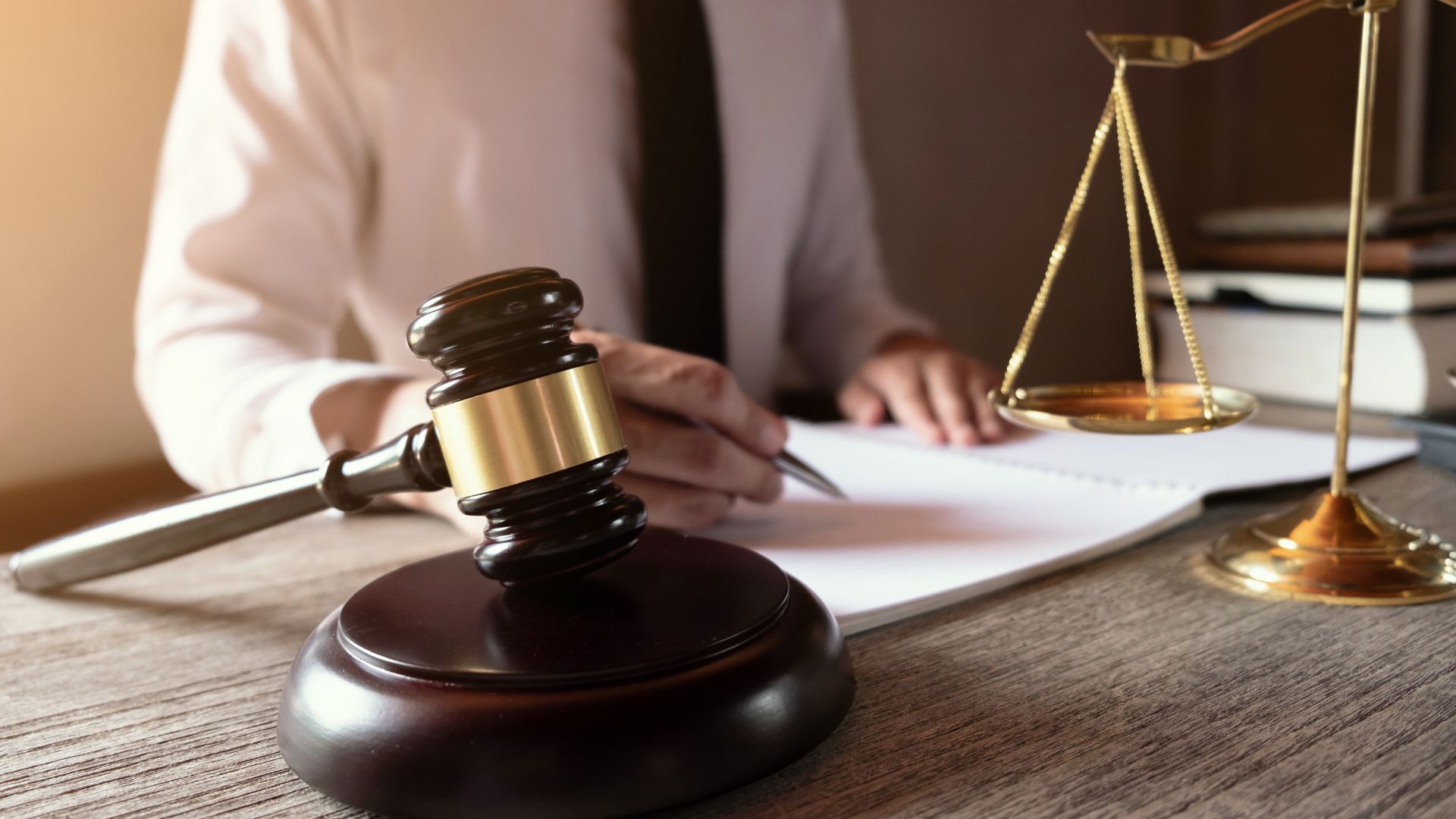
Source: Bhutina65/Canva Pro
Kamala Harris’ campaign also endorsed the lawsuit, citing concerns over potential MAGA-led attempts to challenge future election results, should they lose again in November.
Ethics Complaints and Possible Violations
On July 12, 2024, a series of ethics complaints were filed against the three board members.

Source: Freepik
Allegations include violations of Georgia’s Open Meetings Act for failing to provide adequate notice about the rule changes to the public and other board members.
Governor Kemp's Calculated Response
Governor Kemp’s response has been cautious yet assertive. After receiving complaints from Democratic state Senator Nabilah Islam Parkes and others, Kemp sought guidance from Attorney General Christopher Carr on his authority to remove the board members.
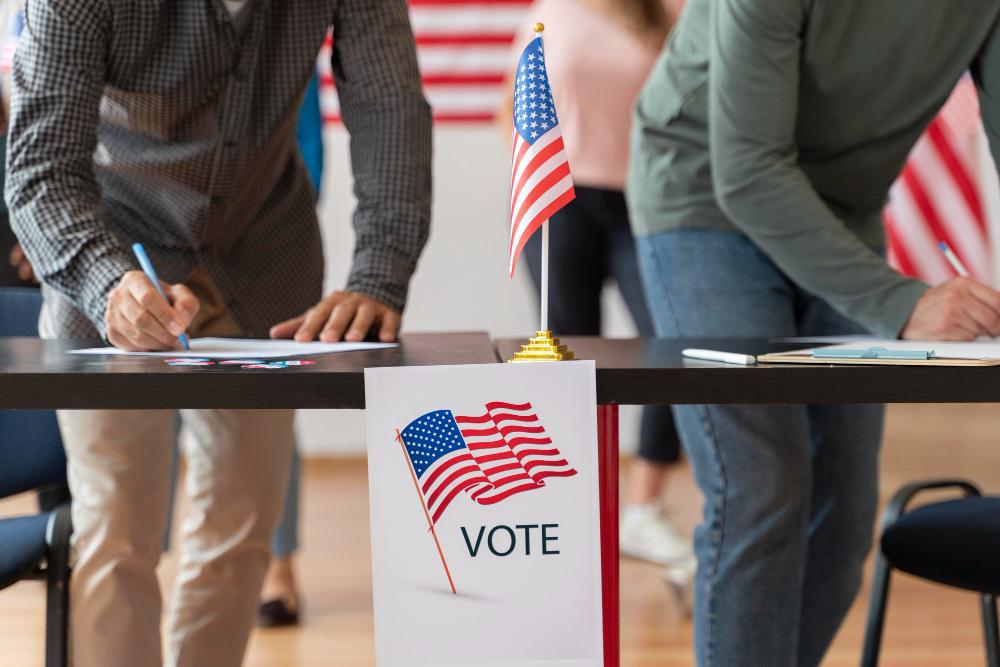
Source: Freepik
This move highlights Kemp’s balancing act between maintaining election integrity and navigating party politics.
Ongoing Investigations and Potential Fallout
The Georgia Attorney General’s office is now reviewing the complaints to determine if the actions of King, Jeffares, and Johnston violate state ethics laws.
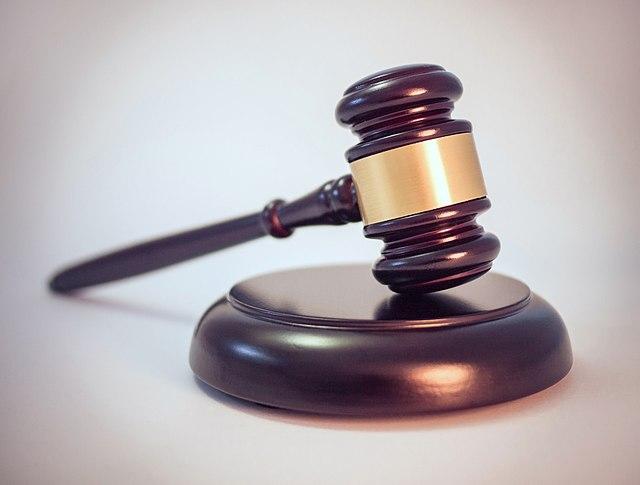
Source: Blogtrepreneur/Wikimedia Commons
If found guilty, these members could face removal or other penalties.
Criticism from Within the GOP
Not all Republicans are supportive of the new rules.

Source: Clay Banks/Unsplash
Georgia’s Secretary of State Brad Raffensperger criticized the last-minute changes, stating they undermine voter confidence and burden election workers.
The Broader Implications for U.S. Elections
Georgia’s election board decisions could have national implications. As a battleground state, any disruptions or delays in certifying Georgia’s results could affect the overall outcome of the 2024 presidential election.
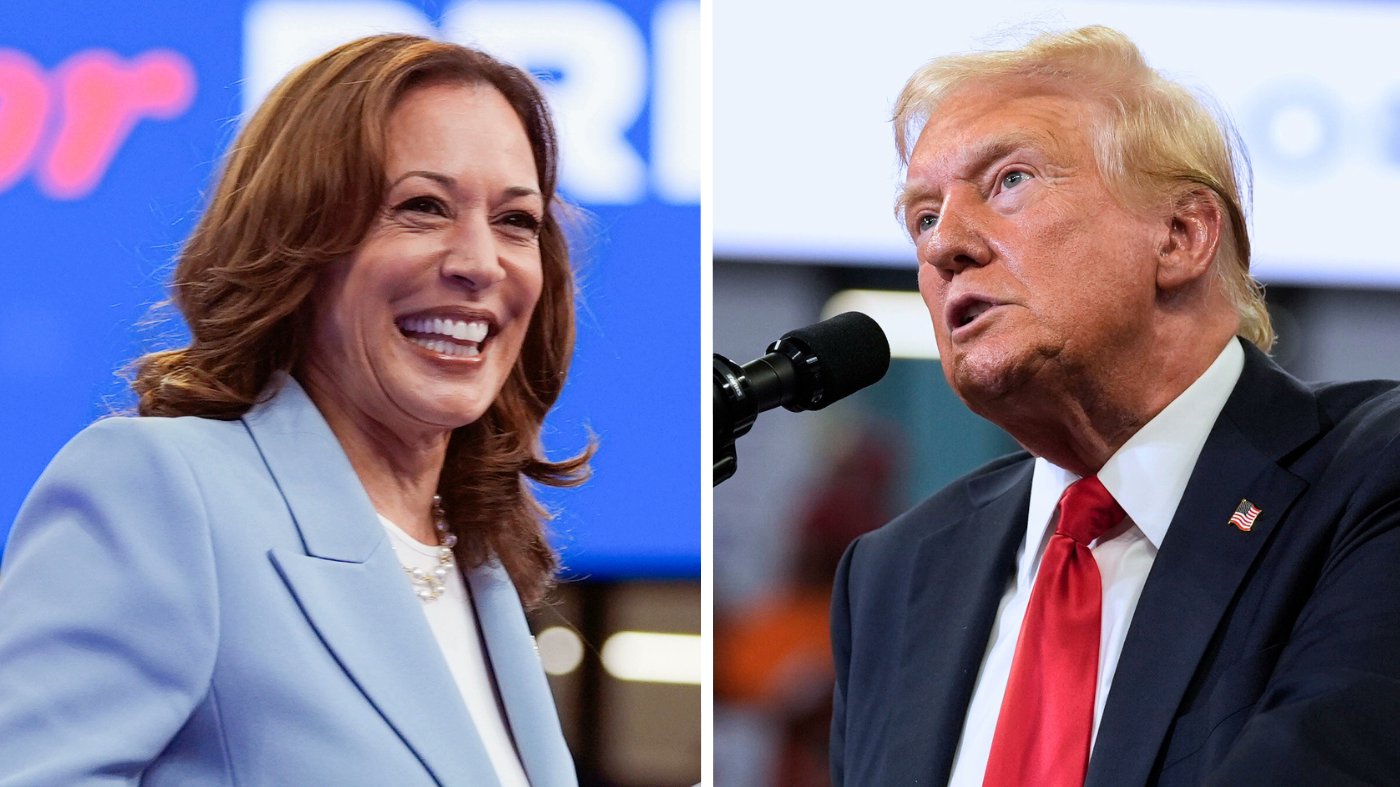
Source: @USA_Polling/X
The controversy here is emblematic of the broader debate on election integrity.
The Stakes for Governor Kemp
Governor Kemp finds himself at a potential career crossroads.
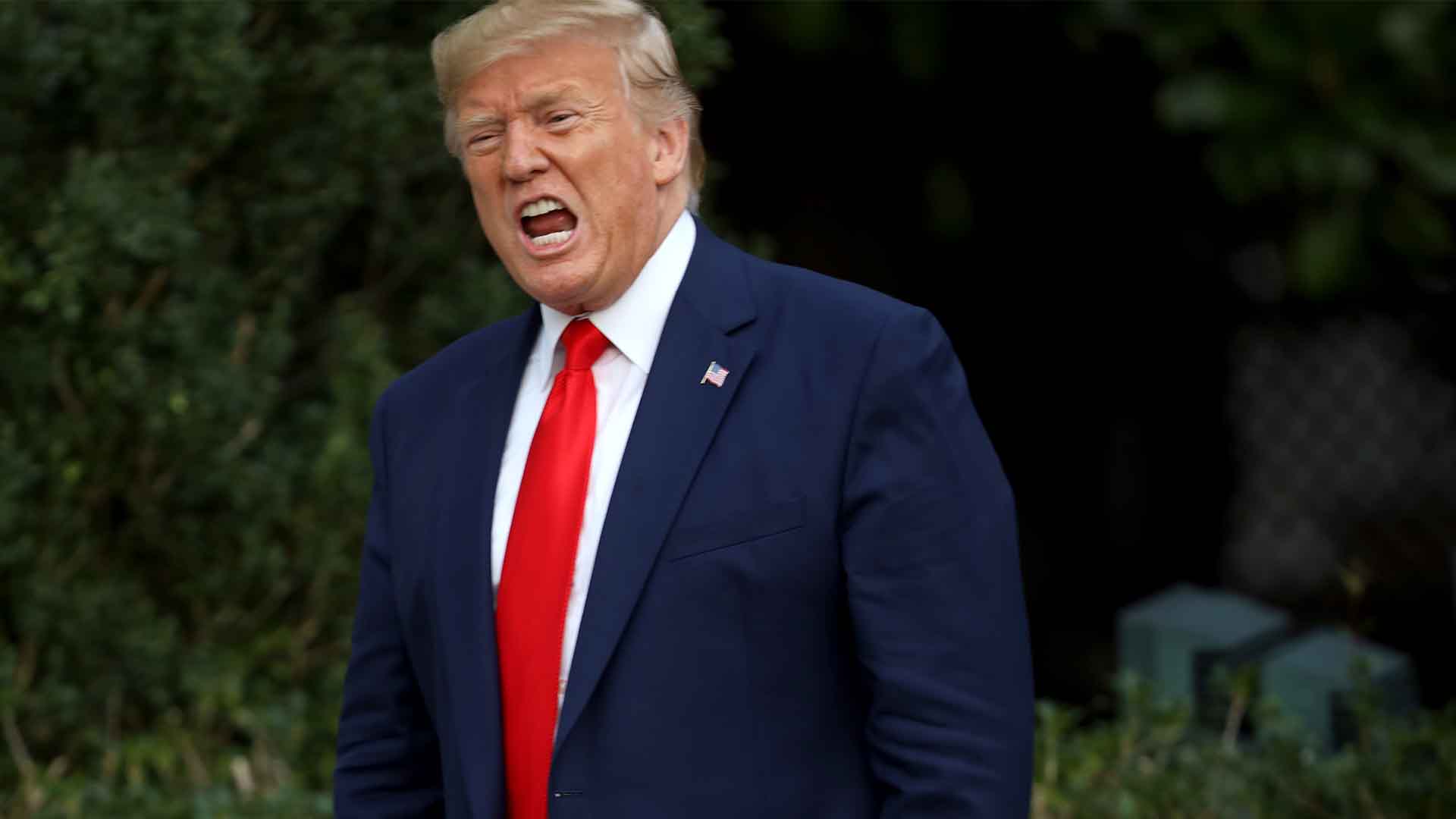
Source: Win McNamee/Getty Images
By potentially removing these board members, he could either strengthen his position as a defender of fair elections or risk backlash from the MAGA wing of the Republican Party.
What's Next for Georgia?
As the November election approaches, all eyes are on Georgia.
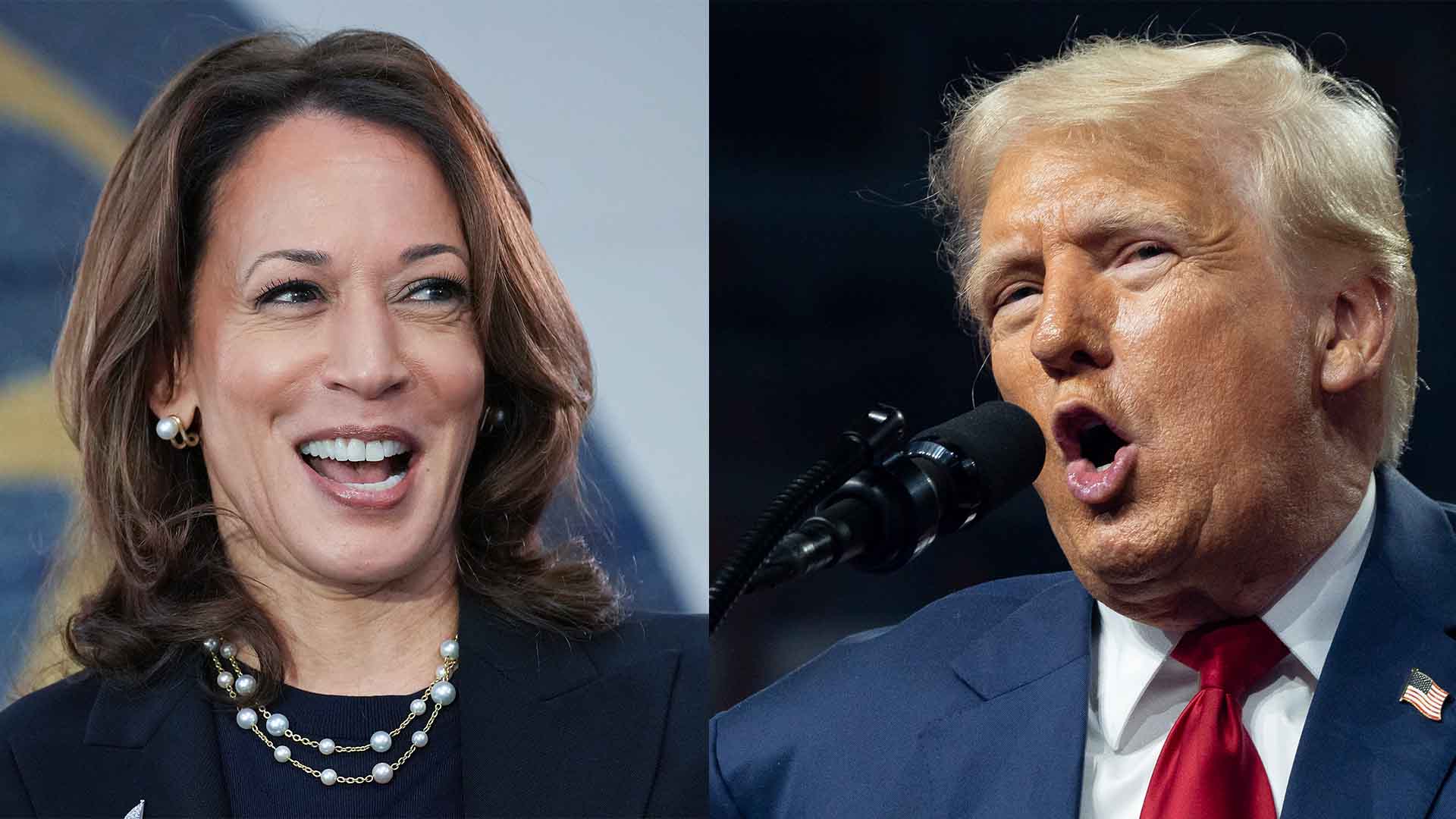
Source: Andrew Harnik/Getty Images; Rebecca Noble/Getty Images
The ongoing legal battles, the potential removal of election board members, and the controversial new rules will shape how the state conducts its elections.
